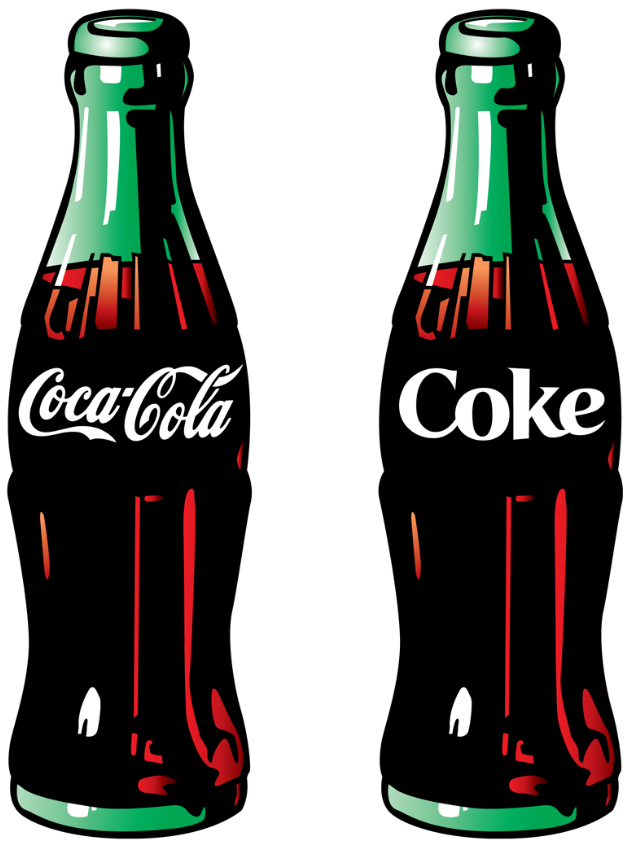ARE YOU HEALTHY ENOUGH TO HANDLE FACEBOOK?
Facebook has woven its way into so many people’s lives and thinking it is taken for granted now. With over two billion monthly users , the behemoth continues to grow, steadily entrenching itself into the social routines of our daily existence. That phenomenon alone is not disturbing to me. What is disturbing to me is the number of people who continue to misuse Facebook to their own detriment. Tragically, much of Facebook’s misuse happens behind closed doors deep within the chasms of individual psyches.
In May 2012, the cover story of The Atlantic was, “Is Facebook Making Us Lonely?” by Stephen Marche (pp. 60–69). Marche, a novelist and an Esquire columnist, insightfully challenges us to explore those dynamics deep within the chasms of individual psyches. In Marche’s concluding thoughts about Facebook’s psychological and emotional influence, he accurately captures the essence of the struggle into which many people fall:
“Our omnipresent new technologies lure us toward increasingly superficial connections at exactly the same moment that they make avoiding the mess of human interaction easy. . . .
But the price of this smooth sociability is a constant compulsion to assert one’s own happiness, one’s own fulfillment. Not only must we contend with the social bounty of others; we must foster the appearance of our own social bounty. Being happy all the time, pretending to be happy, actually attempting to be happy—it’s exhausting.” (p. 68)
My contention is that the fundamental reason so many people succumb to this mindset is a lack of wholeness and personhood independent of social media. Facebook does not directly harm people—it is what people bring to Facebook that does. The proper and healthy use of social media presupposes that you are proper and healthy. With these thoughts in mind, these are my suggestions for all Facebook users:
1—Don’t expect Facebook to fill the voids in your life you should be filling yourself. Facebook is not a religion, philosophy, 12-step program, psychologist, counselor, mentor, spiritual advisor, spouse, lover, or God. It is up to you to seek those resources as you feel so led. Don’t let Facebook become their substitute.
2—Don’t fall into the trap that because other people look happy, they are and you are not. We all have our demons. They just don’t show on the outside. Life is not easy. We live in an imperfect world with imperfect people including the person you and I meet in the mirror daily. Remember—pictures and posts capture happy moments in time that we memorialize and thereby artificially overemphasize. Pictures and posts don’t usually tell the whole story . . . and they certainly don’t tell the “hole” story.
3—Build your life on things that count for the long term: Faith, absolutes, family, relationships, values, serving, quality, nobility, virtue, and truth. Facebook can be just one small outlet and avenue for these things, but it is not the object upon which you build your life.
4—Facebook—like all social media—is merely a tool. How you choose to use that tool is your decision. Facebook can be a catalyst for growth in our relationships, professional lives, personal lives, and spiritual lives. Nevertheless, it is still just one tool in service to these endeavors. Don’t expect it to be more than that.
5—As our business world and our virtual world continue to evolve, you must remain authentic, optimistic, open, and alert. Social media isn’t disappearing. The best thing we can do is remain authentic, optimistic, open, and alert. That stance will ensure we maintain a balanced perspective. It will prevent us from prematurely accepting, condoning, rejecting, or condemning any new social media phenomenon.
Are you healthy enough to handle Facebook? I hope you are. But if not, then please don’t go there.











